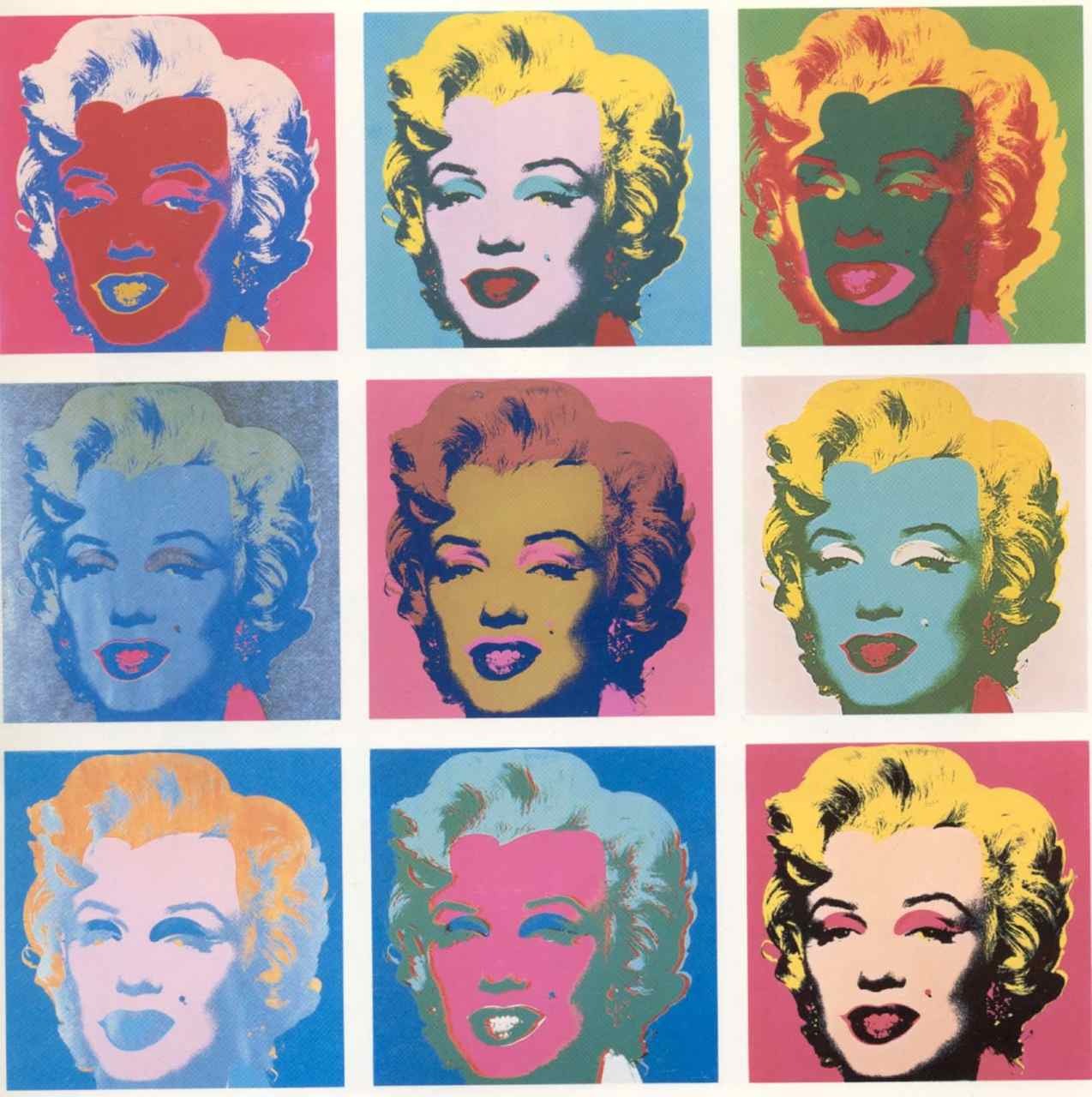By definition, “Power” is the possession of control or command over others. It is the ability to create change by mere influence or suggestion. John Berger supports this idea in his book, Ways of Seeing, when he suggests money is the prime form of power. He lists numerous details supporting the idea that power is manipulated by a minority of elitists within our society. “The power to spend money is the power to live, those who lack the power to spend money become literally faceless.” In other words, those who have money matter.
Berger also goes on to explain that the, “publicity is the culture
of the consumer society.” We the public, aka the consumer, must have money
to remain elite within the society. Today, America
is ruled by a hegemonic culture
where the ruling class has a strong influence on the public. This class has been
given such power through modern-day society and popular culture. It is through
their opinions that mass media is created, and the consumption of this information
is what creates pop culture. And as Gustave LeBon claims, they have
power because they control the mass.
These illusive representations of power could also be recognized
as “high art,” as Barbara Kruger claims in Remote
Control, Arts and Leisures. “High art is the ability through visual,
verbal, gestural, and musical means to objectify ones experience to the world:
to show and tell through a kind of eloquent short hand , how it feels to be
alive”. Kruger argues that popular culture has the ability to do some of the
same. However, one must recognize that it is the producers of this “high art”
that contain power. As consumers, we unconsciously give in to the temptations
of this pop culture. Bell Hooks asks us to open our eyes to these images and
not fall victim to our “white
supremacist capitalist patriarchy in which sexism and
popular culture are used as a way to foster social roles and stereotypes based
on gender.”
Thanks to popular culture, Berger stands correct in stating how
powerful money really is. As Guy Debord's Society
of the Spectacle argues, “…money has dominated society as the
representation of universal equivalence — the exchangeability of different
goods whose uses remain incomparable — the spectacle
is the modern complement of money… The Spectacle is an affirmation of
appearances and identification of all human social life with appearances. The
spectacle is able to subject human beings to itself because the economy has
already totally subjected them. Society became less concerned of who they are
and more concerned of what they own.” However, Lucy
Lippard asks us to “Double Take” to popular culture and ask ourselves, are we being
consumed? Your interpretation validates what is most powerful!
Everything you need to know about America's pop-culture could be found here: http://www.eonline.com/shows/enews/
@dom_a_nation

No comments:
Post a Comment
Note: Only a member of this blog may post a comment.